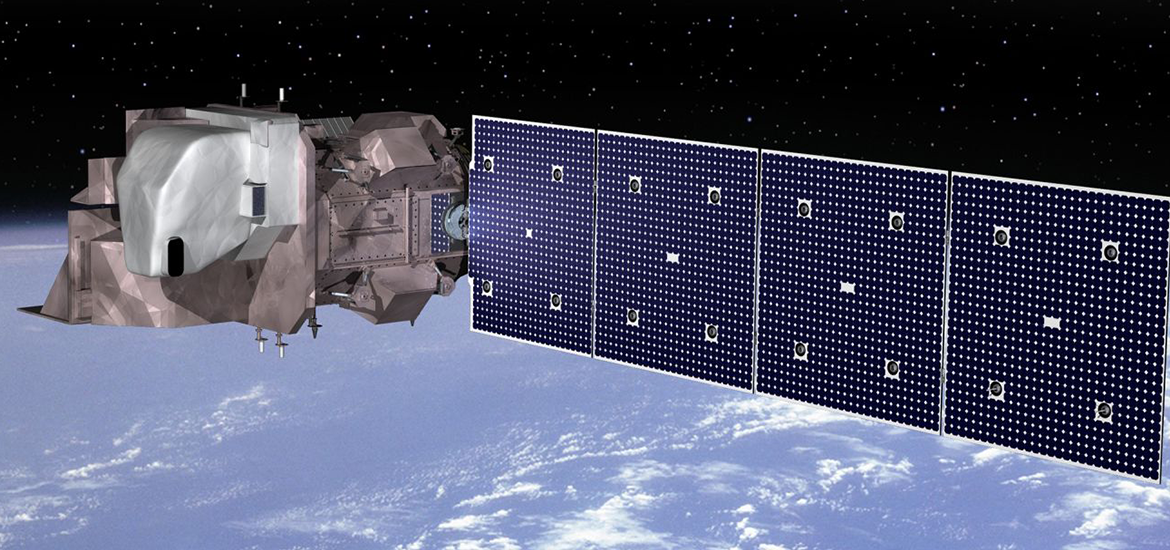Updates to Payload Safety Policies Support New and Existing Programs
August 08, 2022
2-minute read

The Office of Safety and Mission Assurance enhanced the Payload Safety program to cover all payload projects. As part of this process, the program recently released a revision to NASA-STD-8719.24, NASA Payload Safety Requirements, effective March 20, 2022. This standard update followed a significant revision to NPR 8715.7B, NASA Payload Safety Program, effective April 27, 2020.
“Payloads often incorporate hazards that can pose significant risk to life and property,” said Tom Frattin, Payload Safety program manager. “These payload hazards exist regardless of the launch vehicle provider or launch vehicle procurement method. We’ve found that combined, the NASA Procedural Requirements and Standard accomplish the key technical objective of containing or mitigating the risk to the public; NASA workforce; and any property requiring protection from hazards associated with payload design, fabrication, testing, integration, processing, launch, and recovery for variety of NASA payload missions.”
This standard establishes technical safety requirements for unmanned orbital and unmanned deep space payloads that fly onboard launch vehicles. NASA and the USSF Range Safety representatives jointly developed, approved and endorsed the requirements contained in the standard and its Annex using Space Force Space Command Manual (SPFCMAN) 91-710, Range Safety User Requirements and NASA safety standards.
The NASA-STD-8719.24 revision
- Maintains consistency with NPR 8715.7 and NPR 8715.1, NASA Safety and Health Programs
- Reflects current revision of USSF SPFCMAN 91-710, Volumes 1, 3, 6 and 7
- Includes changes to Volume 1, Table 3.2, Acceptability Guidelines for Launch and Recovery Sites Hazard Consequences and Probability Categories that clearly define Hazard Severity categories and outcomes, as well as monetary values under Potential Consequences
- Reflects the adoption of ANSI/American Institute of Aeronautics and Astronautics (AIAA) S-080-2018 Space Systems – Metallic Pressure Vessels, Pressurized Structures, and Pressure Components and AIAA/S-081B-2018, Space Systems - Composite Overwrapped Pressure Vessels (COPVs)
- Refers to NPR 8715.26, NASA Nuclear Safety Requirements to enhance Nuclear Flight Safety (NFS), along with USSF NFS requirements
- Has a “Select Status” option in the checklist, which requires users to select “Information,” “Not Applicable,” “Compliant,” “Tailored” or “Noncompliant” (Note: An Excel version of the checklist is available on the NASA Tech Standards website and provides the Payload Safety Working Group an efficient method for documenting rationale/comments)
Questions about the standard update can be directed to Frattin or Jack Fitzgibbon, payload safety engineer with APT at Kennedy Space Center.